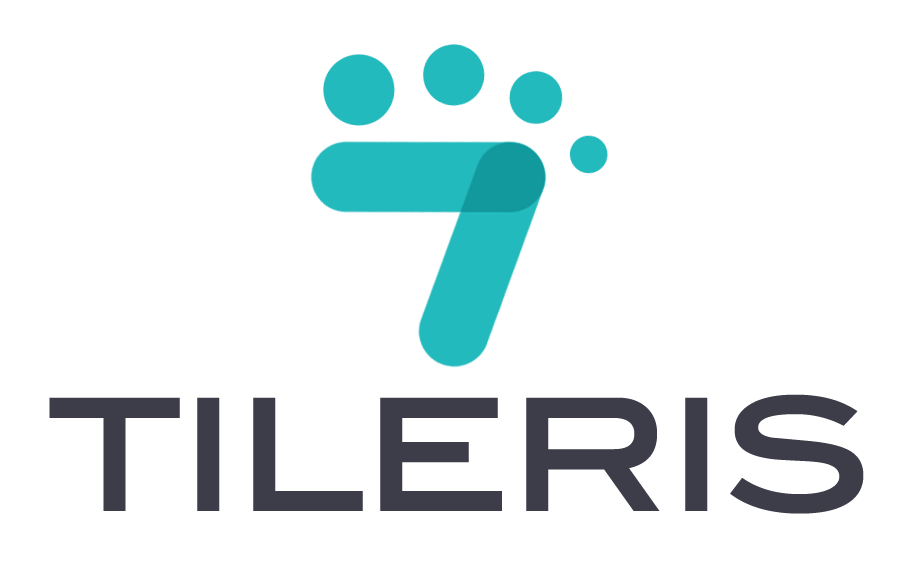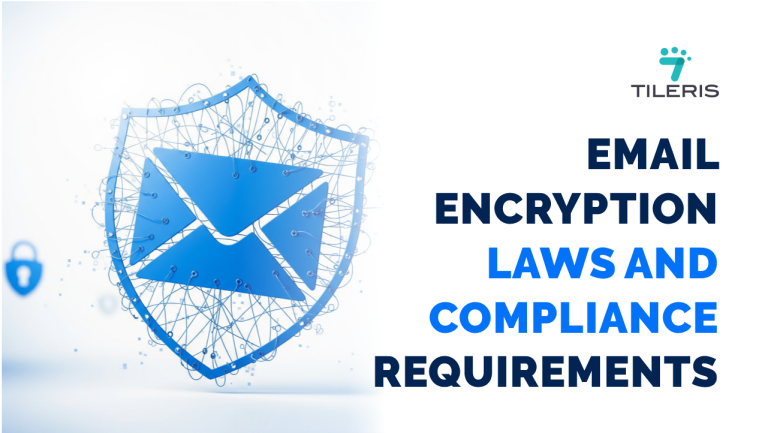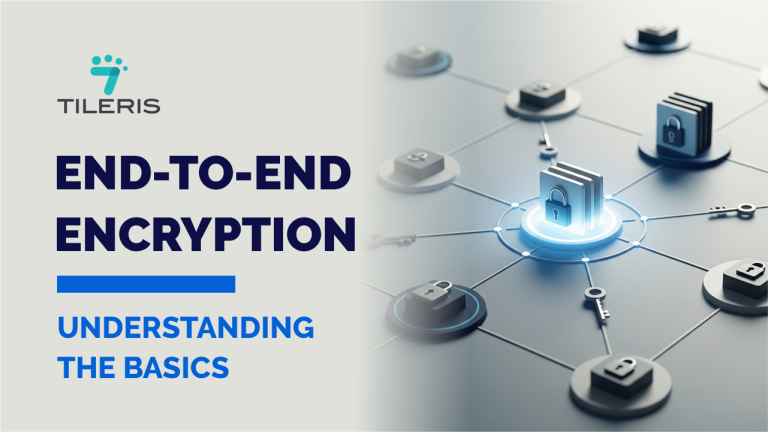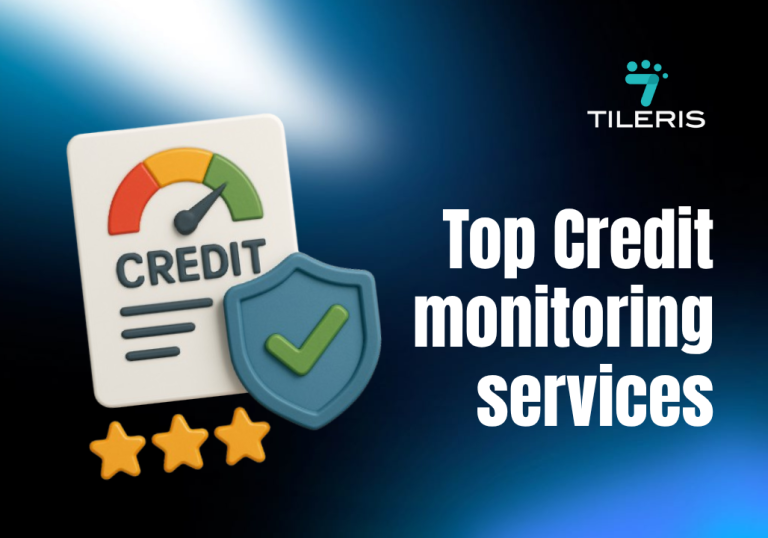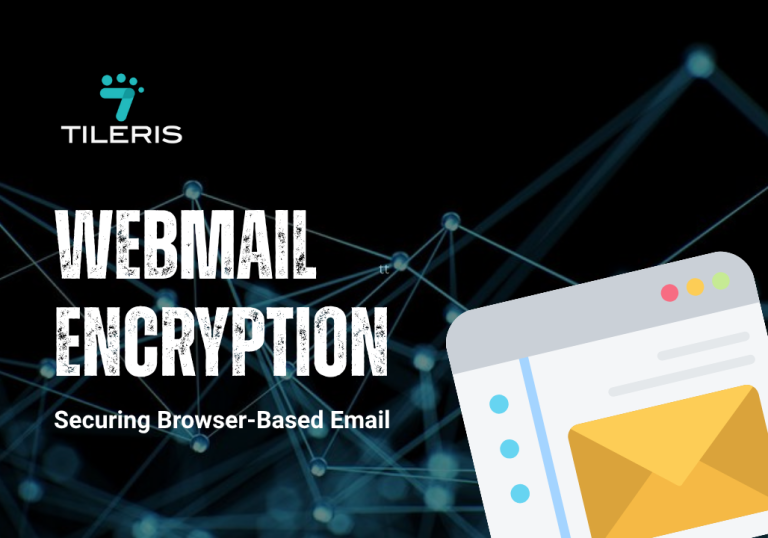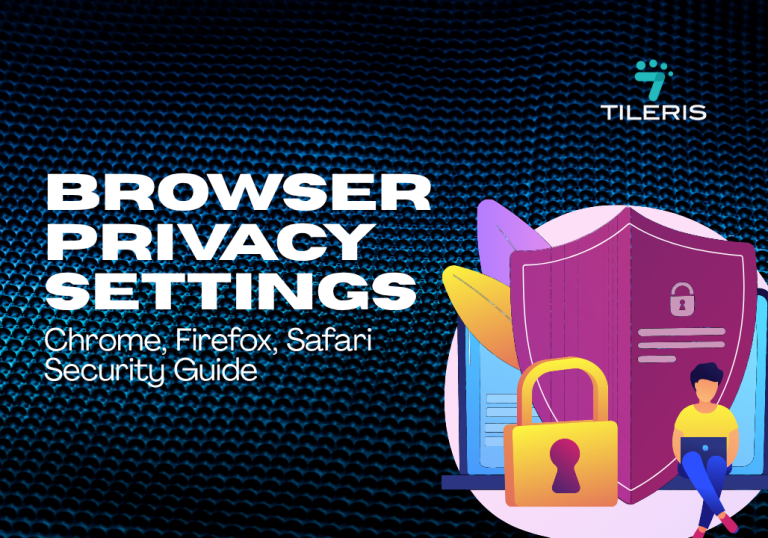Free Vs Paid Email Encryption: Which Should You Choose?
Introduction
Understanding Public private key encryption is a powerful foundation for securing your digital communication. Tools that use this method are a great way to start protecting your messages. They help raise awareness, provide strong technical encryption, and offer meaningful protection for individuals and hobbyists.
Now, here’s the burning question: when it comes to securing your digital conversations, should you opt for a free email encryption solution, or is it worth investing in a paid service? It’s a choice many grapple with, and the answer, as you might suspect, isn’t always black and white. It really boils down to your specific needs, the level of risk you’re comfortable with, and ultimately, how much you value your privacy.
So, let’s unpack this, shall we? We’ll explore the often-overlooked distinctions, the hidden costs, and the true implications of each path, helping you make an informed decision that feels right for you.
A Closer Look at Free Email Encryption
It’s completely understandable why free anything holds such an appeal, and free email encryption is no exception. Who wouldn’t want to protect their communications without dipping into their wallet? Many popular email providers, like Gmail, Outlook, and Yahoo Mail, offer a baseline level of encryption, often through Transport Layer Security (TLS). This is a good start, securing your emails in transit – meaning as they travel from your server to the recipient’s server. Think of it like a secure tunnel for your message. If someone tries to intercept it while it’s in this tunnel, they’d just see gibberish.
However, and this is a crucial “however,” TLS typically doesn’t encrypt the email at rest (when it’s stored on the provider’s servers) or offer true end-to-end encryption. What does that mean for you? It means that while the message is traveling securely, once it reaches the recipient’s inbox (or even your own outbox, depending on the provider), it could potentially be accessed by the email provider themselves. As tech privacy advocates often point out, “If you’re not paying for the product, you are the product.”
This sentiment rings particularly true with many free services, where your data, even if not directly read by a human, can be scanned by automated systems for purposes like targeted advertising or profiling.
This isn’t to say free options are entirely useless. For casual communication, like sending a birthday greeting to a friend or confirming a dinner reservation, the basic TLS encryption offered by major providers is often sufficient. It offers a decent level of protection against opportunistic eavesdropping.
Some free, privacy-focused email providers, like Proton Mail and Tuta, go a step further, offering genuine end-to-end encryption even on their free tiers. This is a game-changer because it means only the sender and the intended recipient can read the message; even the email provider can’t decrypt it. They operate on a “zero-knowledge” principle, where they literally have no access to your encryption keys or your decrypted data. This is a significant leap in privacy and security, especially for personal communications that might contain more sensitive details.
But even with these more robust free options, there are inherent limitations. Imagine trying to build a skyscraper with just a basic toolbox. You might get the foundations laid, but the advanced features, the reinforced steel, and the dedicated support you need for a truly resilient structure just aren’t there.
The Hidden Costs and Feature Limitations of Free Encryption
While the price tag of “free” is certainly attractive, it often comes with hidden compromises. Let’s delve into what you might be giving up.
Feature limitations
Free email encryption services, even the privacy-focused ones, typically offer a stripped-down experience. You might face restrictions on storage space, limiting how many emails and attachments you can keep. This can be frustrating, forcing you to constantly delete old messages or upgrade to a paid plan.
The number of email addresses you can create is often capped, and custom domain support, the ability to use your own domain name (e.g., yourname@yourcompany.com) instead of a generic one, is almost universally absent from free tiers. For businesses, this can be a deal-breaker, as a professional email address is vital for credibility and branding.
Ease of use
While some free providers have done an excellent job of making encryption seamless, others might require a bit more technical know-how to set up and manage, particularly if you’re using older, more complex encryption protocols like PGP (Pretty Good Privacy) with your existing email client. Imagine trying to explain public and private keys to your less tech-savvy relatives, it can be a headache!
Security implications
Remember how I mentioned that many free email providers scan your emails? This isn’t just about targeted ads. It’s about a fundamental business model.
Their revenue often comes from data monetization, which directly conflicts with true, uncompromised end-to-end encryption where they can’t even touch your data. While the content might be encrypted in transit, the metadata, who you email, when, and how often can still be collected and analyzed. This metadata, often considered less sensitive than the message content, can still paint a surprisingly detailed picture of your life and connections.
Furthermore, free services, especially those from large tech companies, are often prime targets for cyberattacks due to their massive user bases. While these companies invest heavily in security, a breach can expose metadata, and in some cases, even unencrypted data if the encryption isn’t end-to-end.
Lack of dedicated support.
If something goes wrong, or if you encounter a technical issue, with a free service, you’re often left to scour forums or rely on community support. There’s no dedicated team to swiftly resolve your concerns, which can be a significant drawback, especially for sensitive communications.
The Investment in Security: Exploring Paid Email Encryption
Now, let’s turn our attention to the world of paid email encryption. This is where you typically find a more robust and comprehensive security posture. When you’re paying for a service, the business model shifts; their revenue is directly tied to providing a secure and reliable product, not to monetizing your data.
Privacy and Security
One of the primary benefits of paid email encryption is the guarantee of end-to-end encryption. Services like Proton Mail (with its paid tiers), Tuta (paid options), and dedicated business encryption solutions often implement end-to-end encryption by default, ensuring that only the sender and recipient can read the messages.
This is a fundamental difference that eliminates the risk of the provider accessing your data. Paid email encryption solutions often provide a level of security and privacy that simply cannot be matched by free offerings, especially when dealing with highly sensitive information.
Advanced security features
This can include multi-factor authentication (MFA), requiring a second form of verification beyond just a password, like a code from your phone which drastically reduces the risk of unauthorized access.
They often provide enhanced spam and phishing protection, employing sophisticated algorithms and threat intelligence to keep malicious emails out of your inbox.
Some even offer secure file sharing and integrated cloud storage, all protected by the same strong encryption. This holistic approach to digital security is a significant advantage.
Customization and control
You’ll typically have access to more storage, the ability to create multiple email addresses, and crucially for businesses, support for custom domains. This allows for a professional and consistent brand identity. Moreover, paid services often integrate seamlessly with existing email clients like Outlook or Gmail through plugins or dedicated bridge applications, making the transition and daily usage far smoother than trying to wrangle open-source encryption tools.
Reliability and dedicated support
Paid providers typically offer service level agreements (SLAs) guaranteeing uptime and responsiveness. If you encounter an issue, there’s a support team ready to assist, which can be critical for business continuity or in situations where sensitive information is at stake.
The global email encryption market is projected to grow significantly, with a CAGR of 20.05% from 2025 to 2033, reaching an estimated $40.16 billion by 2033. This growth is driven by the increasing frequency of email data breaches and a heightened focus on data protection regulations, underscoring the growing demand for robust, reliable encryption solutions.
Regulatory Compliance
For businesses operating in regulated industries like healthcare (HIPAA) or finance, or those dealing with personal data of EU citizens (GDPR), email encryption isn’t just a good idea, it’s a legal necessity.
Paid email encryption services are often designed with these regulations in mind, providing the necessary audit trails, data residency options, and business associate agreements (BAAs) that free services simply cannot offer.
Upgrade Paths: Scaling Your Security
Let’s say you’ve started with a free email encryption solution, perhaps a privacy-focused one like Proton Mail’s free tier. You’ve enjoyed the basic level of security, but as your needs evolve, you might find yourself bumping up against those limitations we discussed. This is where upgrade paths come into play.
Many of the more reputable free email encryption providers offer seamless transitions to their paid plans. For instance, Proton Mail allows you to upgrade your account at any time, unlocking more storage, additional email addresses, custom domains, and access to their full suite of integrated services like Proton Drive (secure cloud storage) and Proton VPN. This means you can start small, get a feel for their service, and then scale up your security as your personal or professional requirements grow.
The beauty of these upgrade paths is that they provide a flexible solution. You’re not locked into a single choice from the get-go. You can test the waters with a free offering, understand the fundamentals of encrypted communication, and then, when the time is right, invest in a more comprehensive solution that truly meets your evolving needs.
This allows you to gradually increase your security posture without a sudden, daunting upfront investment.
Making Your Choice: A Personal Decision
So, which should you choose: free or paid email encryption? The answer truly depends on your individual circumstances and the nature of your email communications.
For the casual user, someone primarily sending non-sensitive personal emails, a free email encryption service that offers robust end-to-end encryption (like the free tiers of Proton Mail or Tuta) can be an excellent choice. It provides a significant privacy upgrade over standard, unencrypted email and helps you navigate the digital world with greater peace of mind. You get the fundamental protection against snooping without any financial outlay.
However, if you’re a professional, a small business owner, or anyone regularly exchanging sensitive information, client details, financial documents, medical records, or proprietary business data, then a paid email encryption service becomes less of an option and more of a necessity.
The enhanced security features, guaranteed end-to-end encryption, dedicated support, compliance capabilities, and professional features like custom domains simply outweigh the initial cost. The potential financial, reputational, and legal repercussions of a data breach stemming from unencrypted or poorly encrypted email communications are far greater than the subscription fee for a robust solution.
Think of it this way, you wouldn’t leave your front door unlocked, would you? Email, for many of us, is the digital equivalent of our front door to a vast amount of personal and professional information.
While a flimsy lock might deter the casual opportunist, a professional-grade security system is what you need to truly protect your valuables. With regards email, a free solution might offer a basic lock, but a paid service provides the reinforced steel, the alarm system, and the rapid response team.
Ultimately, the best choice is the one that aligns with your risk tolerance, your budget, and the inherent sensitivity of your digital conversations.
Don’t let the allure of “free” blind you to the potential hidden costs and limitations. Invest in your digital security wisely, because in today’s interconnected world, protecting your emails isn’t just a technical consideration; it’s a fundamental aspect of safeguarding your privacy and your future.
Conclusion
Free tools are an excellent way to start protecting your messages. They raise awareness, provide solid technical encryption, and offer meaningful protection for individuals and hobbyists. But they do come with limitations in features, support, and scalability.
Paid solutions, on the other hand, give you a complete package. You’re not just buying encryption, you’re buying the infrastructure that makes encryption work in the real world: seamless user experience, compliance tools, and ongoing support.
In a world where data breaches are increasingly common and email is still one of the most targeted attack vectors, choosing the right level of protection is less about budget and more about risk.
Ready to take control of your email security?
Download your free Email Security Checklist today! It’s packed with simple, actionable steps to help you fortify your digital communications.
Need a more personalized approach?
Don’t navigate the complexities of email encryption alone. Request a free consultation with our Tileris team. We’re here to listen to your specific needs, walk you through your options, and help you pinpoint the exact right security strategy for you or your business.
Curious about the future of security?
Discover how Tileris is revolutionizing cybersecurity with intelligent automation. Request a demo to see our Tileris AI Agents in action, making security more efficient and effective in real-time. Just drop us a note through our contact form, and we’ll show you what smarter, AI-powered security truly looks like.
